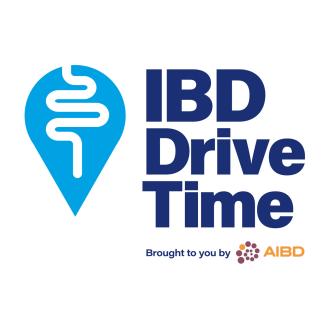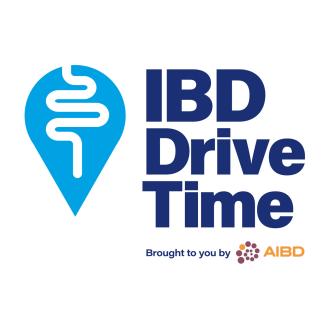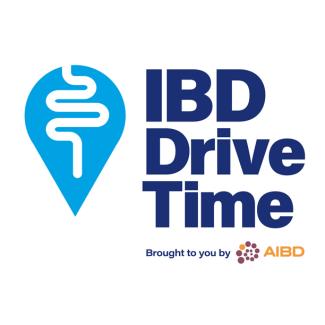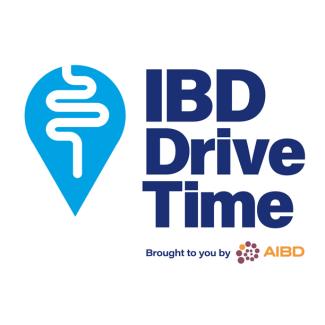Sunanda Kane, MD, on Pregnancy and Neonatal Adverse Events in IBD
Dr Kane, who led the group on pregnancy and neonatal adverse events in IBD for the PIANO Global Consensus, discusses the group's consensus statements and recommendations.
Sunanda Kane, MD, is a professor of medicine at the Mayo Clinic in Rochester, Minnesota.
TRANSCRIPT:
Hello, I'm Dr. Sunanda Kane, professor of medicine at Mayo Clinic in Rochester, Minnesota. And I was part of the PIANO global consensus funded by the Helmsley Charitable Trust. And I led the group that looked at pregnancy adverse outcomes as well as neonatal adverse outcomes. And the takeaway point I want to make is that controlling disease activity during pregnancy among women with IBD is critical to reduce adverse outcomes.
So what did we find in the literature? We found that women with IBD as compared to women without IBD have an increased risk of adverse pregnancy outcomes, including low birth weight and preterm delivery. This is regardless of disease activity. So again, that low birth weight and preterm delivery are not based on disease activity, but are based on the fact that a woman has IBD.
However, women with IBD with moderate to severe disease activity during their pregnancy have an increased risk for spontaneous abortion compared to those who don't have IBD at all or women with inactive or mild IBD. So again, here is the point about having to control disease—that you want to decrease the risk for spontaneous abortion. We also found that pregnant women with IBD have an increased risk for venous thromboembolism during pregnancy compared to women without IBD. So again, this is regardless of their disease activity. However, we do know separate from pregnancy that if you have active disease, you are at increased risk for venous thromboembolism. So you are decreasing that increased risk, if you will, if you are controlling disease. We also found that women with IBD are at increased risk for venous thromboembolism during the postpartum period as compared to pregnant women without IBD. So it's not just worrying about thromboembolism during the pregnancy, but up to one year postpartum. And I think that that is something that is new and has not been necessarily appreciated before.
What else did we find? We found that children born to women with IBD have an increased rate of neonatal ICU admissions and hospitalizations in the first year of life compared to children born to women without IBD. So that is a finding that is regardless of disease activity, it has to do specifically with IBD. However, we have also found that children born to women with active IBD have an increased rate for small for gestational age and low birth weight compared to children born to women with inactive IBD. And we know that the risk for a neonatal ICU admission or a hospitalization is increased in those who are small for gestational age or low birth weight. So controlling disease decreases the risk for the small, for gestational age in the low birth weight, which would then decrease that increased risk for a neonatal ICU admission or hospitalization.
So if we look at treatment, which is another section that will be discussed separately, it is important to just make sure that you know that children born to women who are treated with antitumor necrosis factor therapy, Ustekinumab, or vedolizumab during pregnancy have no increased risk for early childhood malignancies. We also found that children born to women treated with antitumor necrosis factor therapy, Ustekinumab, or vedolizumab during pregnancy have no increased risk for early childhood developmental delay, which is also linked to whether there is a necessity for ICU or hospitalization. We've also found that women, that children born to women treated with thiopurine therapy during pregnancy have no increased risk for early childhood developmental delay. So this finding is out to 3 to 5 years after a child has been born and that there has been exposure to that therapy.
So let's just recap. We do know that there is an increased risk for neonatal intensive care unit need or hospitalization, but that is linked and there might be a bias if the child is born of small for gestational age or low birth weight. We know that there is an increased risk for low birth weight for women who have active disease during their pregnancy. We also know that, again, that there's an increased risk for small for gestational age with active IBD during pregnancy. So to decrease that increased risk that we see for neonatal ICU care, that women stay on their medication so they do not have active disease during their pregnancy. We also know that there is an increased risk for preterm delivery, having IBD regardless of their disease activity. However, that there is an increased risk for spontaneous abortion when there is active disease and we know separate from disease activity that there is an increased risk of venous thromboembolism during and then after pregnancy up to one year. Thank you.




















